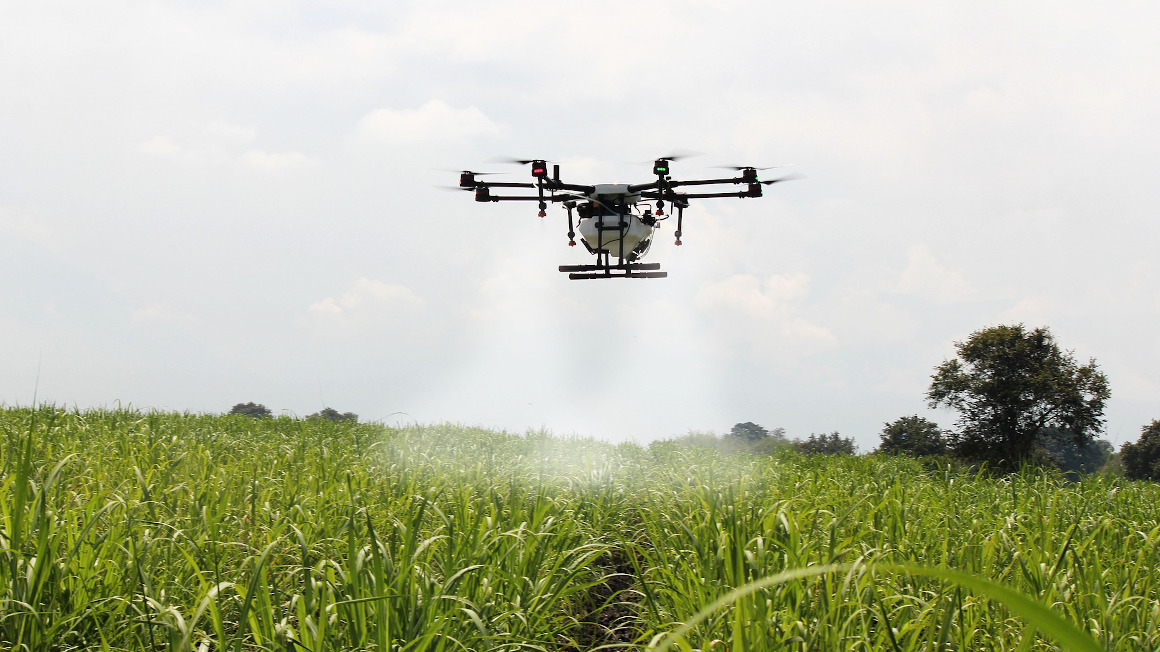Smart farming also profitable for small farms
Researchers show how digitalisation can also make small farms ready to compete.

Digitalisation in agriculture is progressing. Field robots and the like can not only make work easier and more efficient. Modern monitoring technologies such as radio chips and sensors can also ensure higher yields in animal husbandry. However, such innovations are cost-intensive and rarely affordable for small farms. Researchers at the University of Hohenheim in Stuttgart and the Nürtingen-Geislingen University of Applied Sciences (HfWU) have therefore joined forces with practice partners to investigate how small and medium-sized family farms can also benefit from smart farming.
According to the researchers, there are a number of digital applications that are suitable for use on small farms and can help them to remain competitive. "To ensure that small farms can also benefit from this, our aim was to keep the acquisition costs as low as possible. That's why we primarily used solutions available on the market and customised some of them," explains Enno Bahrs, project coordinator and agricultural scientist at the University of Hohenheim.
Precise plant protection with drones
For example, drones can be used not only to detect and control plant diseases, but also to monitor irrigation and the early detection of forest fires. According to the researchers, these drones should be used by a ‘jointly commissioned service provider on various fields’.
Spray drones can be used to apply pesticides as required. Optical sensors on drones recognise infested plants. Their data is analysed using artificial intelligence and the use of pesticides against harmful insects is calculated. ‘But this is also where the challenge lies,’ says PhD student Christian Trautmann. ‘Because the AI has to be trained individually for each crop and each pest pattern so that it can reliably recognise infested plants even under practical conditions.’ According to Trautmann, this high level of effort would be more worthwhile for fruit and vegetables.
Field robots help with vegetable cultivation
The use of field robots is also worthwhile for small farms, especially in vegetable cultivation. According to the researchers, the multifunctional Phoenix robot from the University of Hohenheim has already proven its worth here and shown itself to be a ‘real lightweight’ in the soil-conserving and precise planting of young white cabbage plants.
Near-infrared spectroscopy - a technology that has so far only been used in the laboratory - could in turn provide precise information about the quality of the green fodder and thus support the needs-based feeding of grazing animals. Other devices could measure how quickly the grass grows in the meadow and thus provide the data basis for an app to plan the amount of feed.
The joint project ‘Digital value chains for sustainable small-scale agriculture’ (DiWenkLa) was funded by the Federal Ministry of Food and Agriculture (BMEL) from 2020 to February 2025 with a total of 5.5 million euros.
bb


